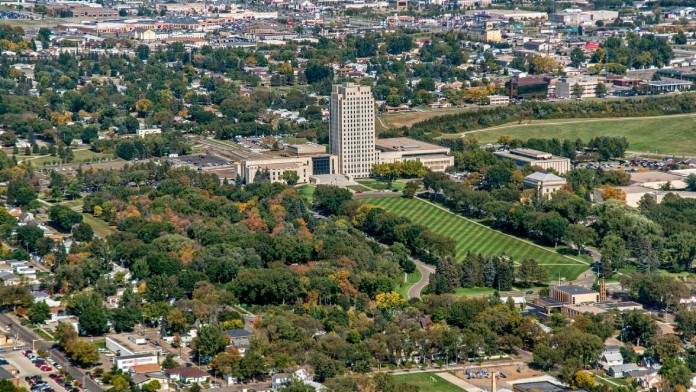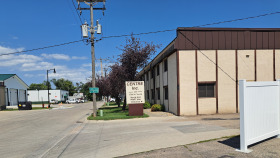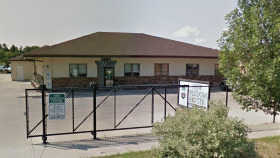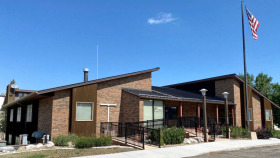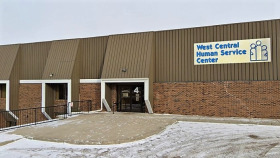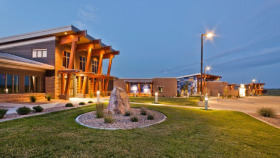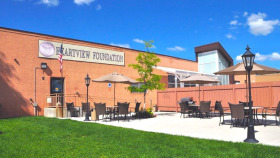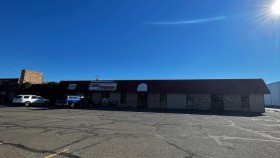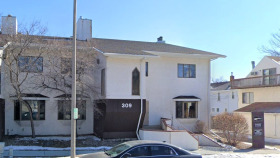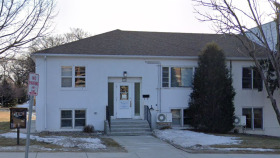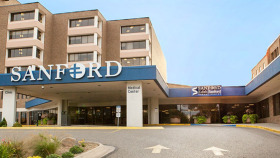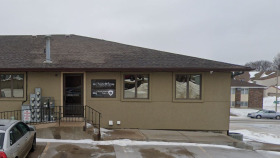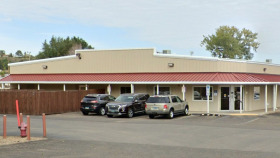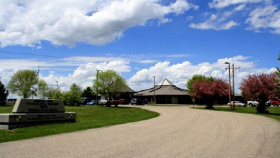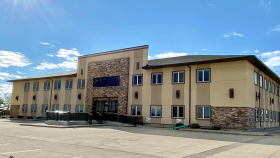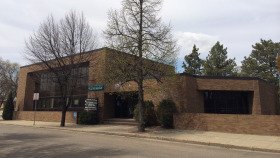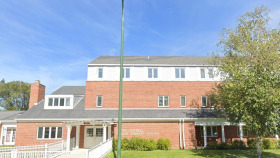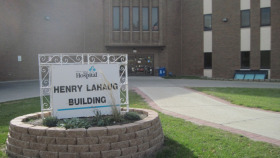Alcohol and Drug Use Statistics in Bismarck, ND
Located in the Badlands and West Central substate region of North Dakota, Bismarck has a significant number of residents experiencing drug and alcohol misuse disorder. The substance abuse statistics for the Badlands and West Central region of North Dakota, Bismarck, and Burleigh County are shown below:2,3
Nearly 59% of residents older than 12 years reported alcohol use in the past month between 2016 and 2018.
Almost 4% of residents older than 12 years reported pain reliever misuse in the last year between 2016 and 2018.
Close to 26,000 opioid prescriptions were given to residents of Burleigh county in 2019.
Nearly 76 residents per 100,000 visited the emergency department in Burleigh county for opioid-related problems between 2015 and 2018.
Levels of Care for Rehabs in North Dakota
The following levels demonstrate the continuum of care available for substance abuse treatment in North Dakota.
Alcohol and Drug Detoxification
Detox is often necessary before you can enter a formal treatment program. This is the process of safely and comfortably removing drugs or alcohol from your system. It is performed under medical supervision in a hospital, residential, or outpatient setting.
Inpatient Care
Residential or inpatient treatment is the most intensive level of care. It involves living at a rehab facility and receiving 24/7 supervision. A combination of treatment interventions is offered, including individual, family, and group therapy, nutritional counseling, experiential therapies, and medication.
Partial Hospitalization Programs (PHPs)
PHPs allow North Dakota residents to live at home while attending treatment at a hospital. You may receive many of the same treatments as inpatient care offers, but you can return home during non-treatment hours.
Intensive Outpatient Programs (IOPs)
A step down from a PHP, IOPs allow you to attend a few hours of counseling throughout the week and spend the rest of your time at home, working, or fulfilling other obligations.
Standard Outpatient
The least intensive treatment option, standard outpatient care involves just a couple hours of treatment per week. Highly motivated North Dakotans with a strong support system tend to find this level beneficial.
Relapse Prevention
Relapse prevention, also known as aftercare, provides ongoing support after formal treatment is complete. This may include 12-step groups, non-12-step groups like SMART Recovery, ongoing therapy, sober living homes, and more.
How to Pay for Addiction Treatment in Bismarck, North Dakota
Private Insurance
Federal law requires all insurance providers to cover substance abuse treatment to some extent. However, coverage varies by plan, so North Dakota residents must contact their provider to determine their specific coverage.
North Dakota Medicaid
North Dakota’s Medicaid program offers health insurance to low-income residents. This coverage includes various services like inpatient drug rehab and outpatient substance abuse treatment. However, not all rehab facilities accept Medicaid as a method of payment.
North Dakota Medicare
North Dakota Medicare is available for residents who are 65 or older or have a qualifying disability. This government health insurance program includes coverage for drug addiction treatment services. However, some rehabs don’t accept Medicare insurance, so it’s important to confirm payment policies before enrolling in a program.
TRICARE in North Dakota
Massachusetts TRICARE (North region) is a program funded by the government to provide health insurance coverage for military personnel, veterans, and their families. TRICARE covers addiction treatment services for these individuals.
Sliding Scale Rehabs
Sliding scale rehabs charge fees based on your income, so you only pay what you can reasonably afford. To qualify, you usually must provide proof of income when applying for treatment in North Dakota.
IHS-Funded Drug Rehabs
Drug rehab programs funded by the Indian Health Service (IHS) provide free addiction treatment to Native Americans and Alaskan Natives.
Traveling to and Within Bismarck, ND
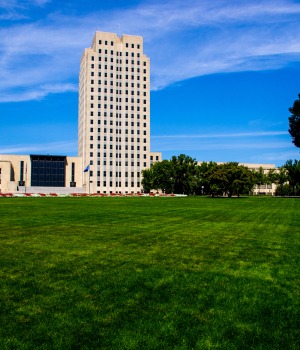 Located on the eastern bank of the Missouri River, Bismarck is home to the Dakota Zoo, North Dakota Heritage Center, Camp Hancock State Historic Park, and the Gateway to Science Center.
Located on the eastern bank of the Missouri River, Bismarck is home to the Dakota Zoo, North Dakota Heritage Center, Camp Hancock State Historic Park, and the Gateway to Science Center.
Bismarck is a part of a major metropolitan area in North Dakota, with easy travel access to and from other parts of the country as well as within the region. The following tips may take the hassle out of your travel to seek rehab (whether inpatient or outpatient) in Bismarck or visit a loved one receiving treatment in the area:
- Bismarck is served by the CAT (Capital Area Transit) bus system, which runs on weekdays from 6:30 a.m. to 7 p.m. and on Saturdays from 8:30 a.m. to 7 p.m. Residents can travel within the Bismarck-Mandan metropolitan area on the CAT system.
- Several airlines, including Delta, United, American, and Allegiant, provide flights to and from the Bismarck Airport.
- Bismarck has many hotels, including budget-friendly options like the Fairfield Inn, Comfort Suites, Days Inn, Radisson Hotel, and Country Suites.
North Dakota Alcohol and Drug Laws
In North Dakota, laws regarding substance use and addiction treatment include the following regulations:1,2,3
The Good Samaritan Law: This law was passed to encourage North Dakota residents to call 911 in the event of an overdose. The law provides protection from prosecution for consumption or possession of a substance, or possession of drug paraphernalia, for the person overdosing and the person who calls for help. To qualify for immunity, North Dakotans must call 911, remain onsite until assistance arrives, and cooperate with first responders.
Naloxone Access Law: In North Dakota, a health care professional may prescribe or give out naloxone, if they provide training, to a person at risk of overdose or someone who is in a position to help someone experiencing an overdose. Anyone who prescribes, gives out, possesses, or administers naloxone is immune from civil and criminal liability.
Syringe Exchange Law: It is illegal to use or possess drug paraphernalia in North Dakota. However, to encourage syringe exchange programs, syringes collected by these programs are not considered drug paraphernalia, and residue in collected syringes is not a violation of the law against possession of a controlled substance.
Adult Drug Court: This court-supervised treatment orientation program offers an alternative to imprisonment for certain drug crimes. To participate in this program, North Dakota residents must attend treatment, appear regularly before the drug court judge, submit to random drug testing, and attend self-help meetings. Participants may also receive referrals for vocational training, education, and job placement. Successful completion of the program may result in dismissal of criminal charges.
Resources
- United States Census Bureau. (n.d.). Quick Facts: Bismarck City, North Dakota.
- Department of Health and Human Services. (2022). North Dakota Opioid Dashboard.
- Substance Abuse and Mental Health Services Administration. (n.d.). 2016 -2018 NSDUH Substate Region Estimates – Tables.

